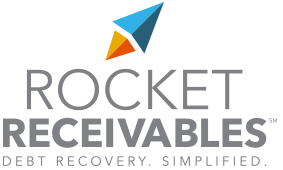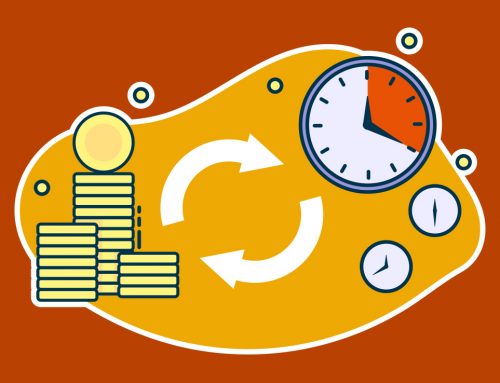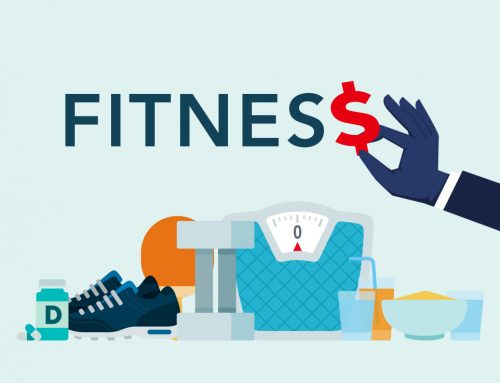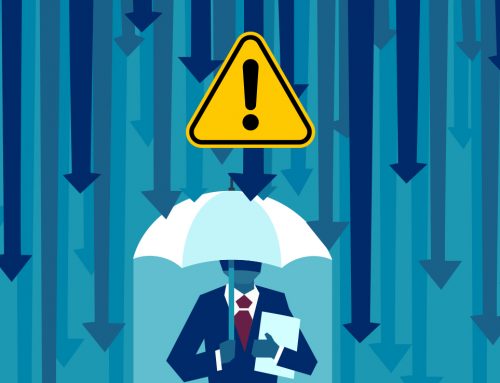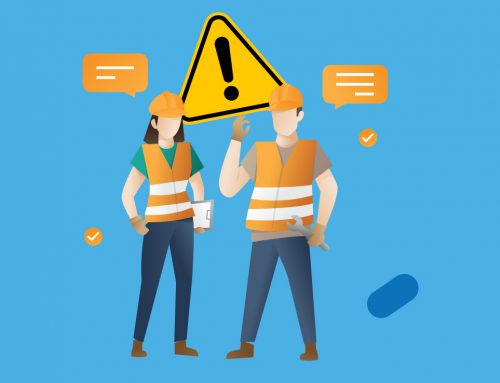Debt recovery is a fact of life in the healthcare industry. In 2017, an average of $681 per person in medical debt landed in collections. Yet healthcare debt recovery is different from a lot of other types of debt recovery. After all, many medical expenses are unplanned, and many are lifesaving. Tactless or aggressive pursuit of debt related to medical expenses can affect a healthcare provider’s reputation, which in turn affects revenues.
The more that healthcare providers can do to prevent the need for debt recovery, the easier things will be on everyone. Fortunately, there are several practical steps private practices can take to keep the revenue cycle on track and help prevent patient bills from going into collections. Here are a few of the most important ones.
Keep Patients Informed of Their Coverage and Payment Options
Software is available to help medical practices inform patients of how much their insurance is likely to pay for various services. This information can help patients be better prepared for bills when they arrive. When the front desk is prepared to collect co-payments as soon as a patient registers, more co-payments will be collected immediately, and fewer will have to be invoiced.
Additionally, when patients are presented with multiple options for paying, they’re less likely to put off paying “until it is more convenient.” Many Millennials, for example, have never used checkbooks, but are used to paying for goods and services online. Providing patients with an online payment portal and informing them of this option on the bills themselves can prompt them to pay right away, rather than setting aside a bill until they can find a stamp or grab their checkbook.
Optimize Your Accounts Receivable Process
Monitoring accounts receivable is essential to keeping the cash cycle flowing and preventing bills from going unpaid for long periods of time. The longer an account has been in accounts receivable, the less likely it is to be paid. Therefore, you have to keep an eye on all receivables and follow up with phone calls or emails when they’re about to slip past common AR “milestones” like 30 days past due or 60 days past due.
Send out invoices as soon as possible after services are rendered, because the clock starts ticking on your practice payment terms after you’ve issued the invoice. Some practices encourage early payment through discounts. For example, some practices offer small discounts for patients who pay online within a certain number of days. These discounts are small compared to the costs of pursuing accounts that have languished in AR for long periods.
Utilize Debt Recovery Tailored to the Debt Scenario
Outsourcing debt recovery is another way that private medical practices can keep their revenue cycle on track. Choosing the right debt recovery partner is essential because of the sensitive nature of medical debt collection.
Rocket Receivables offers a proven, two-step system that succeeds when accounts linger in AR. Earlier stage collections (when accounts are one to 120 days past due) can be made on a fixed-fee basis. Later stage debt recovery (when accounts have been in AR longer than 120 days) are made on a contingency basis, so if no money is recovered, there is no fee.
Rocket Receivables knows how to respond to medical debts with a proven methodology that results in a quick, positive ROI and treats your patients with dignity so that you can maintain your relationship with them. If you’re ready to streamline debt recovery for your private practice in 2020, Rocket Receivables invites you to buy now.
